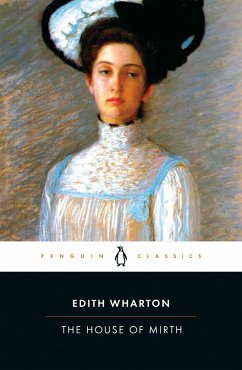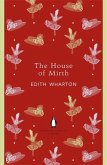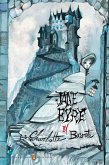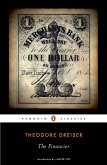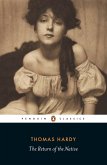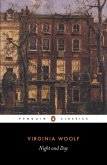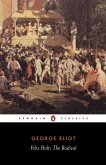From the esteemed author of The Age of Innocence--a black comedy about vast wealth and a woman who can define herself only through the perceptions of others. Lily Bart's quest to find a husband who can satisfy her cravings for endless admiration and all the trappings of the rich comes to a scandalous end when she is accused of being a wealthy man's mistress.
Lily Bart lives among the nouveaux riches of New York City. In this aesthetically bankrupt world, Lily, seeks a husband who can satisfy her cravings for endless admiration and wealth. But her quest comes to an end when she is accused of being the mistress of a wealthy man. Exiled from her world of artificial conventions, she finds life impossible.
Hinweis: Dieser Artikel kann nur an eine deutsche Lieferadresse ausgeliefert werden.
Lily Bart lives among the nouveaux riches of New York City. In this aesthetically bankrupt world, Lily, seeks a husband who can satisfy her cravings for endless admiration and wealth. But her quest comes to an end when she is accused of being the mistress of a wealthy man. Exiled from her world of artificial conventions, she finds life impossible.
Hinweis: Dieser Artikel kann nur an eine deutsche Lieferadresse ausgeliefert werden.
With an introduction by Elizabeth Hardwick,
Contemporary Reviews, and Letters
Between Edith Wharton and Her Publisher
" A frivolous society can acquire dramatic significance only through what its frivolity destroys."--Edith Wharton
Lily Bart knows that she must marry--her expensive tastes and mounting debts demand it--and, at twenty-nine, she has every artful wile at her disposal to secure that end. But attached as she is to the social world of her wealthy suitors, something in her rebels against the insipid men whom circumstances compel her to charm.
"Why must a girl pay so dearly for her least escape," Lily muses as she contemplates the prospect of being bored all afternoon by Percy Grice, dull but undeniably rich, "on the bare chance that he might ulti-
mately do her the honor of boring her for life?" Lily is distracted from her prey by the arrival of Lawrence Selden, handsome, quick-witted, and penniless. A runaway bestseller on publication in 1905, The House of Mirth is a brilliant romantic novel of manners, the book that established Edith Wharton as one of America's greatest novelists.
" A tragedy of our modern life, in which the relentlessness of what men used to call Fate and esteem, in their ignorance, a power beyond their control, is as vividly set forth as ever it was by Aeschylus or Shakespeare." --The New York Times
Edith Wharton (1862-1937) was awarded the Pulitzer Prize in
1920 for The Age of Innocence. But it was the publication of The House of Mirth in 1905 that marked Wharton's coming-of-age as a writer.
Contemporary Reviews, and Letters
Between Edith Wharton and Her Publisher
" A frivolous society can acquire dramatic significance only through what its frivolity destroys."--Edith Wharton
Lily Bart knows that she must marry--her expensive tastes and mounting debts demand it--and, at twenty-nine, she has every artful wile at her disposal to secure that end. But attached as she is to the social world of her wealthy suitors, something in her rebels against the insipid men whom circumstances compel her to charm.
"Why must a girl pay so dearly for her least escape," Lily muses as she contemplates the prospect of being bored all afternoon by Percy Grice, dull but undeniably rich, "on the bare chance that he might ulti-
mately do her the honor of boring her for life?" Lily is distracted from her prey by the arrival of Lawrence Selden, handsome, quick-witted, and penniless. A runaway bestseller on publication in 1905, The House of Mirth is a brilliant romantic novel of manners, the book that established Edith Wharton as one of America's greatest novelists.
" A tragedy of our modern life, in which the relentlessness of what men used to call Fate and esteem, in their ignorance, a power beyond their control, is as vividly set forth as ever it was by Aeschylus or Shakespeare." --The New York Times
Edith Wharton (1862-1937) was awarded the Pulitzer Prize in
1920 for The Age of Innocence. But it was the publication of The House of Mirth in 1905 that marked Wharton's coming-of-age as a writer.

